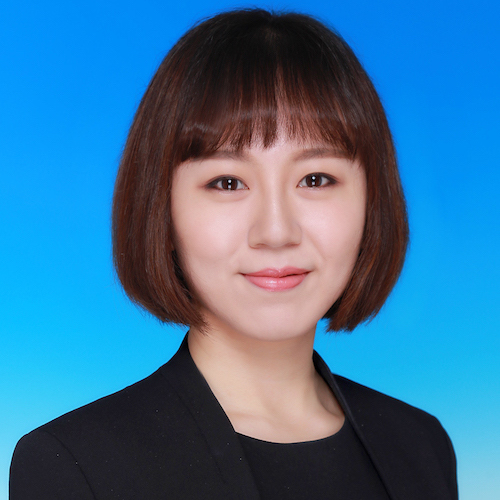China Initiative PhD Student Co-Teaches Occupational Science Seminar in the Master’s Program at PKUHSC
July 28, 2020
Buwen Yao, a China Initiative scholar and current 3rd year PhD student at USC Chan, joins a PKUHSC instructor in co-teaching the Occupational Science Seminar course in the master’s program.
Academics and Courses China Initiative Community and Partners International Students

Buwen Yao
Buwen Yao, at the time a medical student in rehabilitation medicine at Peking University Health Science Center (PKUHSC), was selected as a China Initiative scholar in 2018 to complete a PhD in occupational science (OS) at USC Chan. She will be amongst the first, if not the first person from China, to be trained in occupational science and return to PKUHSC to grow the field of occupational science upon her graduation.
In her first two years of PhD training, Buwen took four core occupational science courses and built a solid foundation in OS theory and application. Given her growing knowledge of occupational science and her familiarity with the Chinese context, the China Initiative team felt she could bring valuable insights to the Occupational Science Seminar course in the master’s program at PKUHSC, while also building her experience in teaching.
Building upon the team’s preliminary cultural adaptations to this USC course, Buwen completed an independent study with Dr. Julie McLaughlin Gray, the director of the China Initiative and the Associate Chair for Curriculum and Faculty, to develop a complete syllabus and course materials. Dr. Gray shared various resources for teaching and curriculum development; Buwen also reviewed three versions of USC’s course’s syllabi to make a unique version for PKUHSC. In addition, Buwen integrated core articles from the readings of her PhD OS classes. The PKUHSC version of the course is divided into two main sections: the first half, consisting of core concepts of occupational science, was taught by Buwen; the second half, consisting of applications of OS concepts to various practice areas, was taught by a PKUHSC instructor who graduated from the occupational therapy doctorate (OTD) program at USC Chan. The final class session focused on applying occupational science and occupational therapy to the Chinese context specifically, as part of an effort to culturally adapt the content of this program. Other curriculum changes included reducing the number of readings to 2 articles/week and reducing the size of the small groups to 3 people/group, given PKUHSC’s small class size (6-7 students).
In her reflections on the experience, Buwen shared the importance of this seminar as not only allowing OT students to learn more about OS, but also giving them a glimpse of the format and structure of a seminar course, as students in China are not accustomed to actively participating in class discussions. In her teaching, Buwen emphasized not only knowledge development, but also skill development, including normalizing diversity of perspectives, respecting others with different viewpoints, and resolving disagreements that may arise.
Over the course of the semester, Buwen noticed a steady increase in students’ comfort in participating in class. Though initially shy, the students gradually became more and more engaged. They were especially interested in content related to what they have seen in practice. Buwen also commented that these students were quite reflexive and would often discuss how to realistically make occupational science be accepted in China.
In summary, this seminar course served as an introduction to occupational science. Buwen anticipates that with this foundational knowledge, the PKUHSC students will be able to make more connections in their future study and practice, and is confident that these students will be bright, reflexive leaders of the occupational therapy profession in China.
⋯





